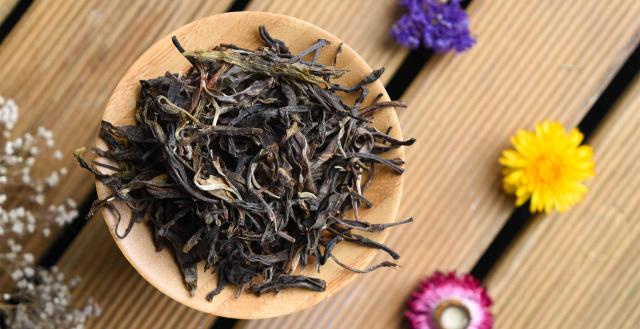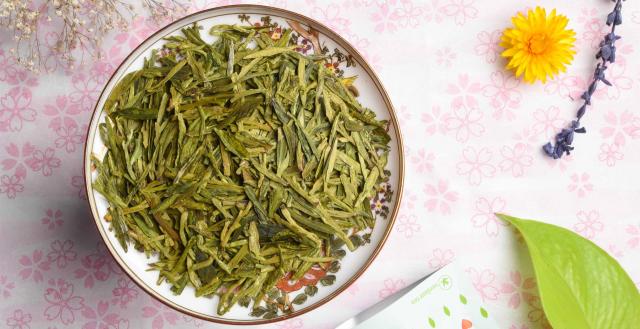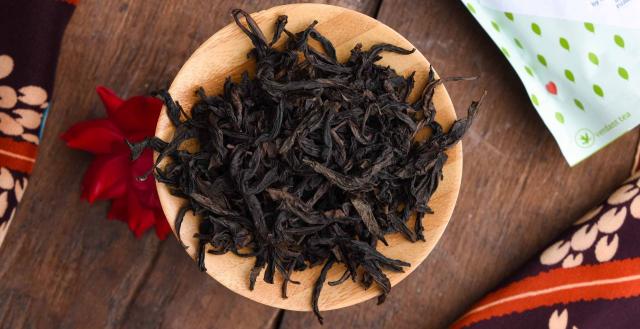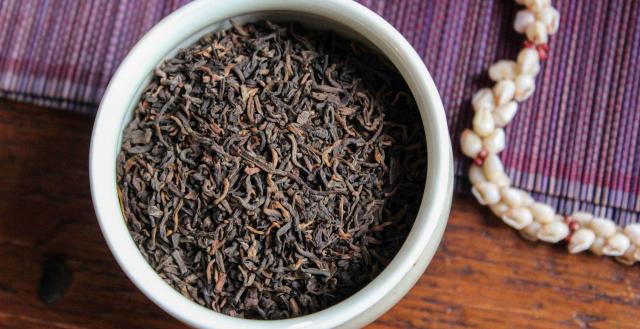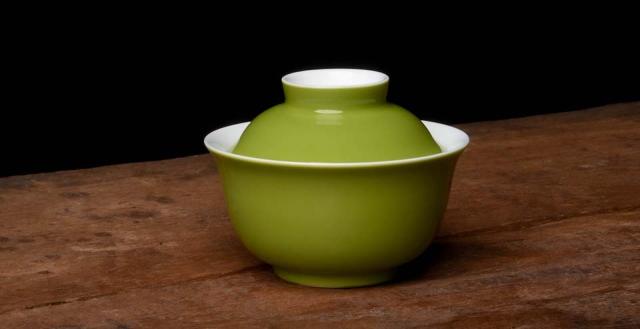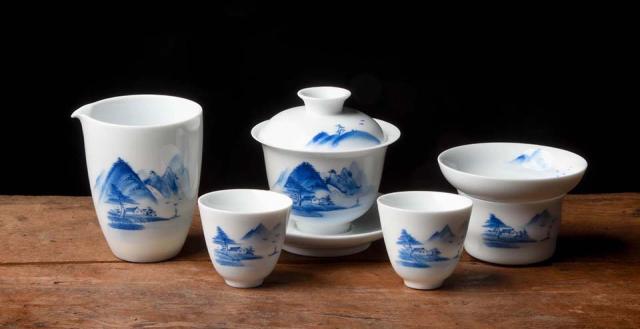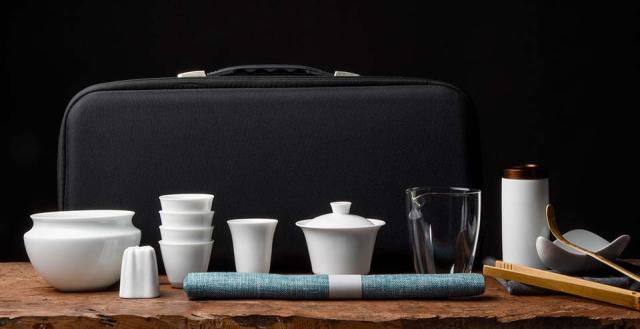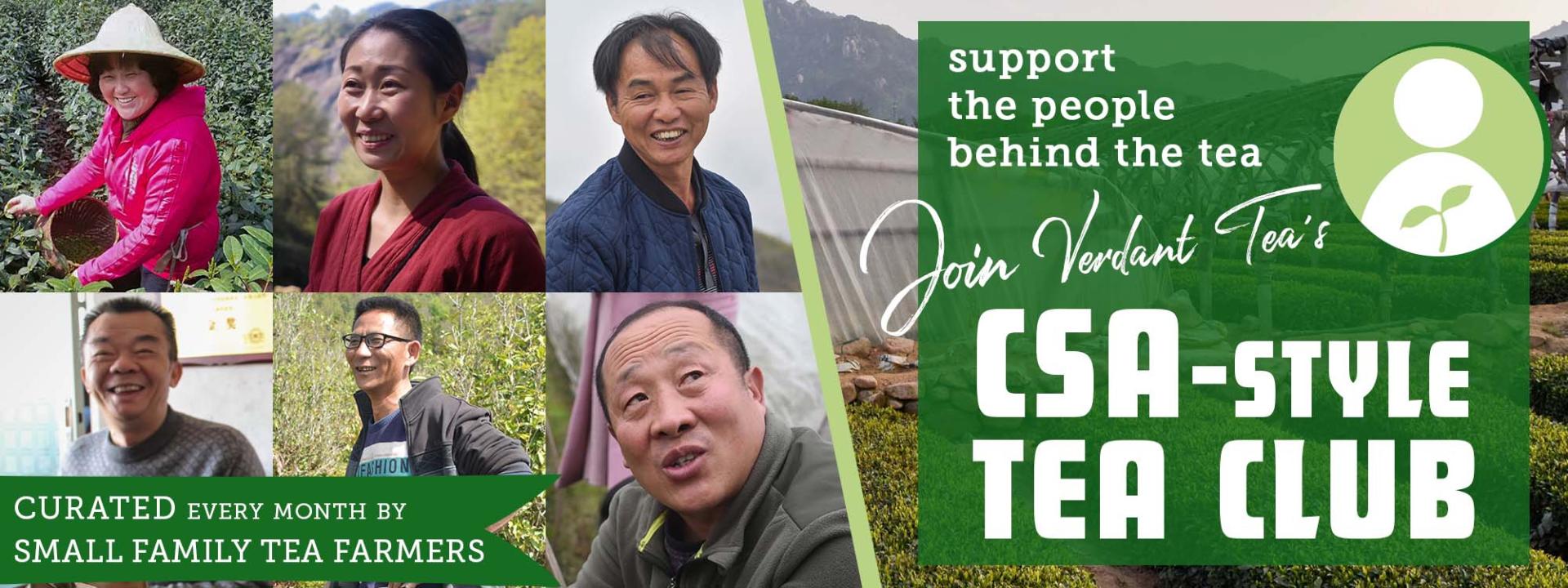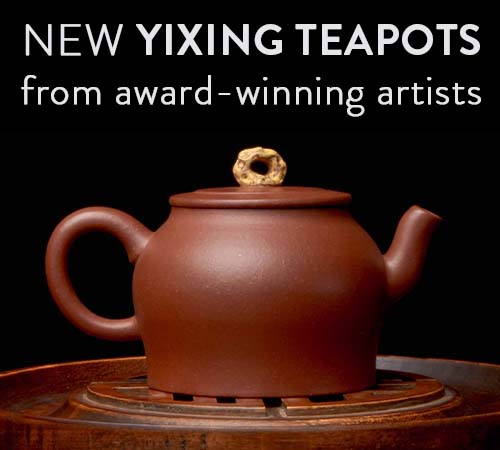FREE SHIPPING
fast, free shipping
all US Orders $45+
FREE TEA SAMPLE
hand picked for you
with each order
DIRECT SOURCED
sourced from the farm
shipped from the USA
VERDANT TEA
is about TEA FARMERS
We are all about representation, bringing teas never before seen outside China to the world with a unique direct trade model based on decades of personal relationships.
We are dedicated to the story of the growers, our partners, the peolpe behind the tea.
Taste their work for yourself and see the difference.


Taste teas from six unique growers and six regions - premium hand-picked teas, direct from the farm.
Six kinds of tea & Six passionate growers - these are the iconic classics that represent what we and our partner growers stand for: true sustainability, transparency, and the taste and aroma that come from the impeccable terroir and craft of the best growers in China.
$48.95 $44.06
TOP TEAS to start your journey
Looking for a place to start? Explore the most popular teas in our partners' tea collections!
Explore the most popular teas in our partners' tea collections!
TOP TEAWARE to brew your best
Tea sets, brew mugs, traditional gongfu wares, yixing teapots and more!
Our partner farmers are teachers, researchers and community leaders.
Our blog explores their knowledge, sharing the stories of the people behind the tea.
Start your tea education.
Questions on brewing?
The most important thing when brewing and tasting tea is not to worry about it. Our partners teas are all made with enough care that they can stand up to any brewing style. They’re not fussy!
Hotter water and shorter steepings bring out more aromatics in tea, while cooler water and longer steep times bring out more texture.
There are three critical variables of steeping tea: water temperature, steep time, and leaf-to-water ratio. Adjusting each variable changes the quality of your cup...
Leaf-to-water ratio defines your brewing style. Hotter water and shorter steepings bring out more aromatics in tea, while cooler water and longer steep times bring out more texture.
There are three critical variables of steeping tea: water temperature, steep time, and leaf-to-water ratio. Adjusting each variable changes the quality of your cup...
behind the scenes
in a changing industry
Do not allow brands to co-opt small family farming into a buzzword. It is too important to be pushed to the margins...
busting common myths
with the complete guide
To understand how caffeine works in tea, we need to know how a tea was farmed, when it was picked, and how you’ll brew it...
Keep learning and get special deals on fresh arrivals.
Our newsletter shares new releases, articles and interviews, plus rotating sales, deals and specials! Look out for our mailer in your email inbox at the end of the week or at the beginning of our seasonal sales.
TRUE TEA
DIRECT from FARM
since 2010
FARMER
OWNED
DIRECT
IMPORTER
FAMILY
BUSINESS
Verdant Tea is a farmer-first tea company and community founded in 2010 after co-founders David and Lily Duckler met co-founders Weiwei Ren and Wang Huimin on a research grant to collect the folklore of tea and interview farmers about their craft. Verdant is co-owned in China by tea farmer He Qingqing, ensuring that farmers decide how much they need to be compensated for their craft and what teas they want to create and share.
For over fifteen years, Verdant Tea has been connecting with tea farmers across China with a passion for clean, regenerative agriculture and outrageously good tea. Bureaucracy and logistics make it nearly impossible for most to sell outside their own town or grow into cooperatives that benefit the wider region. We cut that red tape - establishing a channel for true small farmers to export their own tea.




